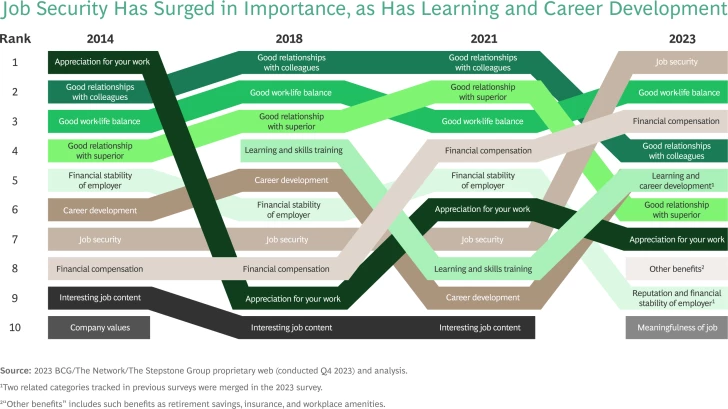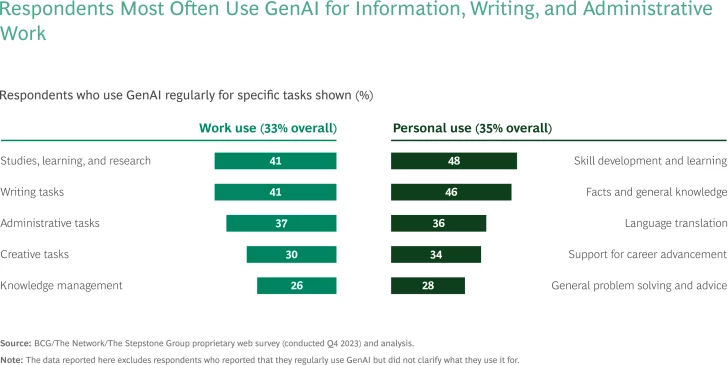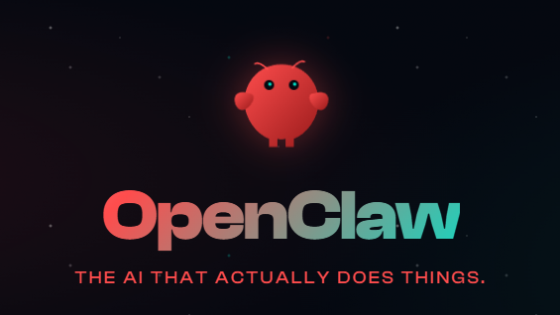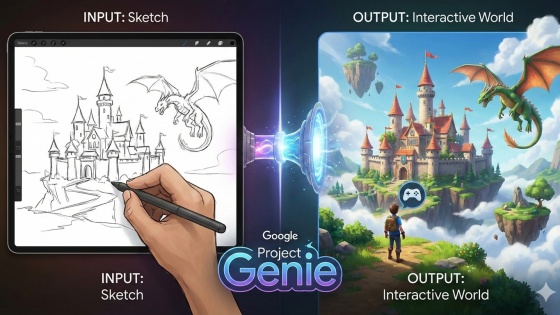What we value in the workplace is changing at the expense of artificial intelligence

What counts in the workplace is changing
Being appreciated, good relationships with colleagues and, of course, a quality relationship between private and professional life. About ten years ago, these three job characteristics were the most sought after among employees. A few years later, a good relationship with your superior entered the list of the most important factors of job satisfaction. In 2021, during the pandemic, people still valued relationships with colleagues and work-life balance the most, but financial compensation gained importance. Mainly due to the fact that incomes have become less stable and predictable for many.
Today we can see some interesting changes.

For the first time since the Boston Consulting Group monitors trends, security or job security in the first place. Perhaps this data is surprising, because at the same time we are in a period of record low unemployment. When we talk about job security, we are mainly referring to events related to enormous changes in many industries and geopolitical uncertainty.
BCG believes that these are not the main reasons, but job security should come first because people are concerned about long-term employability. Here, of course, we are talking about technological disruptions, currently the biggest in the field of generative artificial intelligence. Survey participants who prioritize job security were more likely to report concern about the impact of artificial intelligence.
The impact of technological developments on jobs is nothing new. However, the fact is that generative artificial intelligence raises the level of this disruption to a higher level. The impact is felt not only by those who perform repetitive tasks, but also by others with creative and conceptual professions. Therefore, it is quite logical that other attributes, such as the opportunity for learning and career development, salary and other “goodies” offered by employers, are also higher on the scale.
The global labor market remains confident...
In the past few years, the demand for talented employees has increased. Employers continue to report that there is a shortage of suitable labor and, by all accounts, the situation will not change, let alone resolve, any time soon.
It is interesting, however, that most participants in the BCG survey remain positive and confident. Namely, they believe that they have strong enough arguments to keep their jobs and everything that belongs to them as part of them.

...also in the development phase of artificial intelligence
According to the results of the survey, artificial intelligence is not as much of a threat as many feared. Most employees are not afraid that artificial intelligence could replace them. On the other hand, respondents remain realistic. Most around 70% expect their jobs to change, often a lot, and they expect to have to learn new skills. Only a quarter of participants in the survey believe that artificial intelligence will not affect their jobs.
People are accepting generative artificial intelligence and are ready to learn new skills
To understand how employees think about the future of their careers, employers need to explore their attitudes towards artificial intelligence:
- 86% has heard about generative artificial intelligence
- less than 50% have experimented with it at least once
- approximately 39% use it regularly, and 10% respondents use it several times a week

People are open to learning new skills. As many as 60% respondents are ready to retrain without basic knowledge, and almost 40% are ready to retrain if necessary.

Openness to retraining is influenced by a number of factors. Respondents who live in countries where job security is a major factor in job satisfaction are most open to retraining. Their main goal is, of course, to ensure long-term employability. Respondents who believe that generative AI will have a greater impact on their jobs share a similar view – perhaps as a preventative measure, allowing them to completely change jobs if necessary.
About the “Decoding Global Talent” research series
- “Decoding Global Talent” is the largest source of data on where and how people want to work. It contains almost 900,000 answers on this topic.
- It is a joint project of BCG, The Network and The Stepstone Group.
- The current report contains trends and preferences in the field of working methods, including the most valued job attributes, willingness to learn new skills and key factors that would influence the unacceptability of jobs.
- This year's research focuses specifically on the impact of artificial intelligence.
- In this year's survey, we explored a new influence on ways of working: GenAI.






























